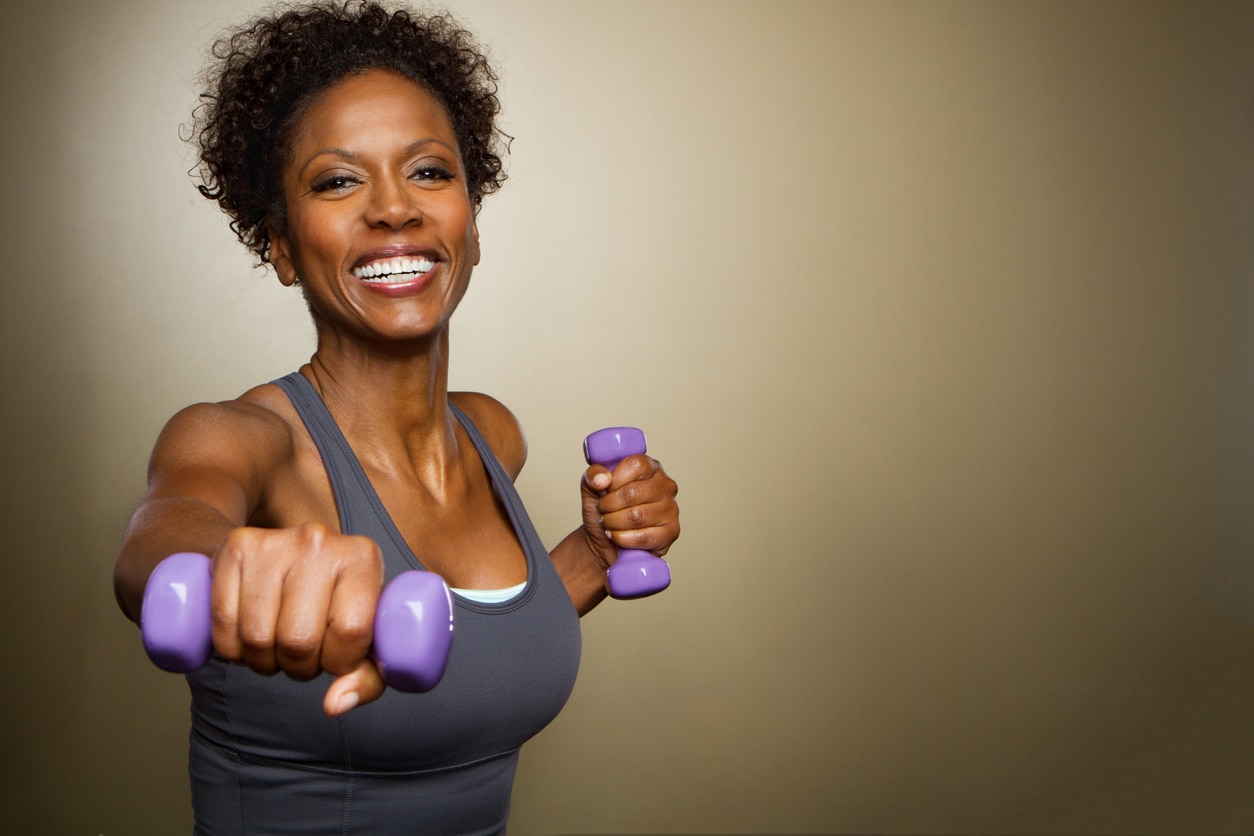“Do the best you can until you know better. Then when you know better, do better.” – Maya Angelou.
Think about it. At this point in life, you may feel that you’ve earned the moniker steel magnolia because goodness knows, life experiences have filled you with wisdom that can and should be shared loudly and proudly. But as life plays out and decades pass, is there a ‘blind spot’ when it comes to your body?
Be honest. Does your physical prowess match your emotional and mental strength? Muscle matters at every age, but it is more vital than ever at our age.
Understand this
We’re in combat, battling the otherwise ‘normal’ disadvantages of aging, i.e., shrinkage in height, muscle loss (or sarcopenia), and the typical diseases of growing older, such as osteoporosis, diabetes, heart issues, and Alzheimer’s.
Research affirms aging well requires physical strength. In fact, in a study published in the journal Preventive Medicine, researchers at the Penn State College of Medicine found a link between strength training and longer life. Researchers looked at data from the National Health Interview Survey collected between 1997 and 2001 and linked it to the death certificate data of more than 30,000 people aged 65 or older through 2011. Though only 9% reported lifting weights, they had a 46 percent lower risk of early death than people who didn’t. They were also 41 percent less likely to have a cardiac-related death and 19 percent less likely to die from cancer. And the results held even after adjusting for other lifestyle factors like smoking or alcohol use.
Strong, healthy muscles provide balance, strength, and immunity from disease.
Immunity?
Yes, you read that right. Quality muscles give off compounds that boost immunities. In our current ‘virus aware’ scare, why not get strong?
But, at age 50 and above, healthy muscles have very different requirements than muscles at 30. So, before you run that extra mile or throw another filet on the grill, check out the newest science as it relates to age, immunity, and healthy muscles.
Why Muscle Matters
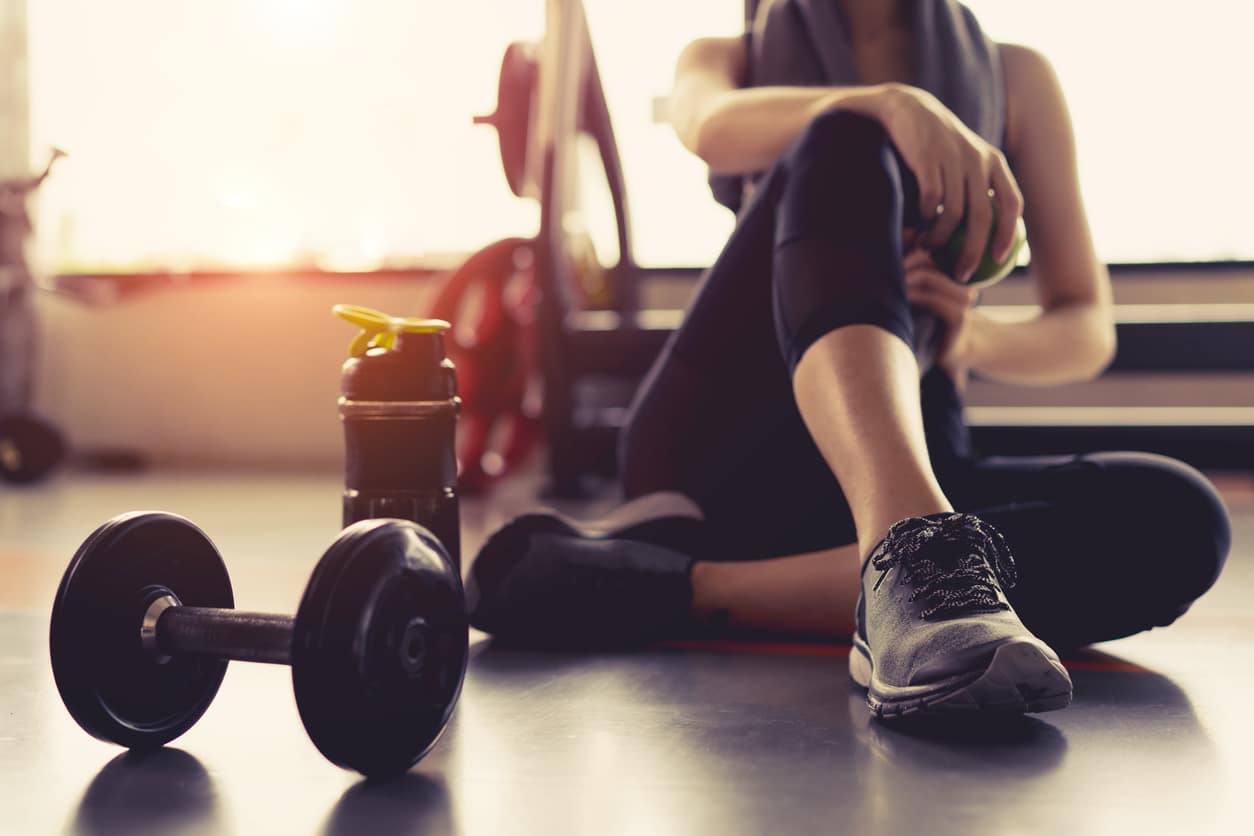
Why does your age have anything to do with your muscle health? Learn the lingo.
Immunosenescence: Natural tendency toward diminished immunity as we age.
Myokines: The body’s secret weapon of immune-boosting, anti-inflammatory compounds released by the muscle that bolster the immune system.
Your body has more than 600 muscles, and they depend on how you move and what you choose to eat, which directly affects your age. According to AARP, “Strong muscles help you stay independent and energetic. But aging depletes 20 percent of muscle mass by the time you’re 60. The life-changing fix? Strength training.” They recommend two sessions of 230-30 minutes per week and a healthy, protein-rich diet.
Who Gets Sick and Why
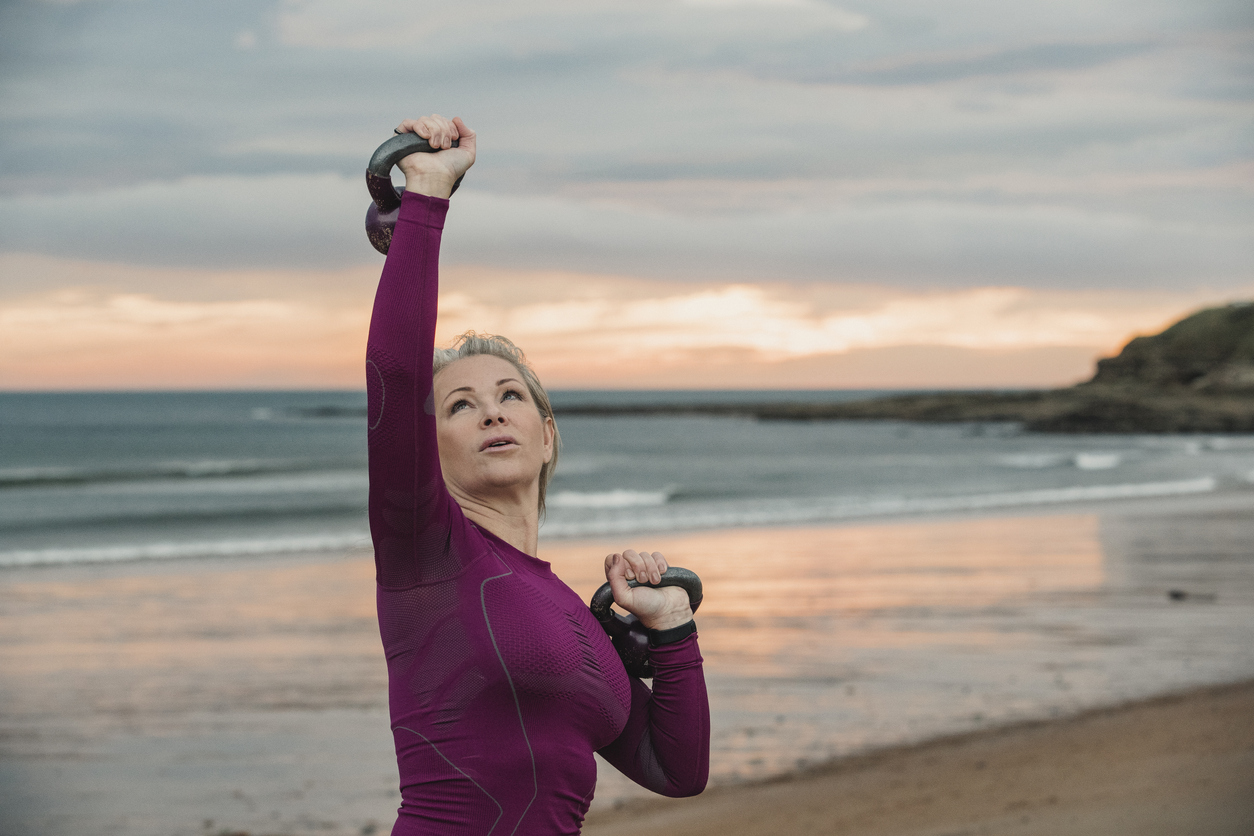
Mike Zimmerman digs deeply into how age affects the risk of inflammation and the declining immune response.
“Skeletal muscles, especially the large muscles of the butt and thighs, release immunoprotective compounds called myokines during exercise,” reveals Insoo Kang, M.D., associate professor of medicine at Yale School.
The top of Kang’s list to enhance an aging immune system? Exercise.
“Exercise may be the most important lifestyle intervention you can add.”
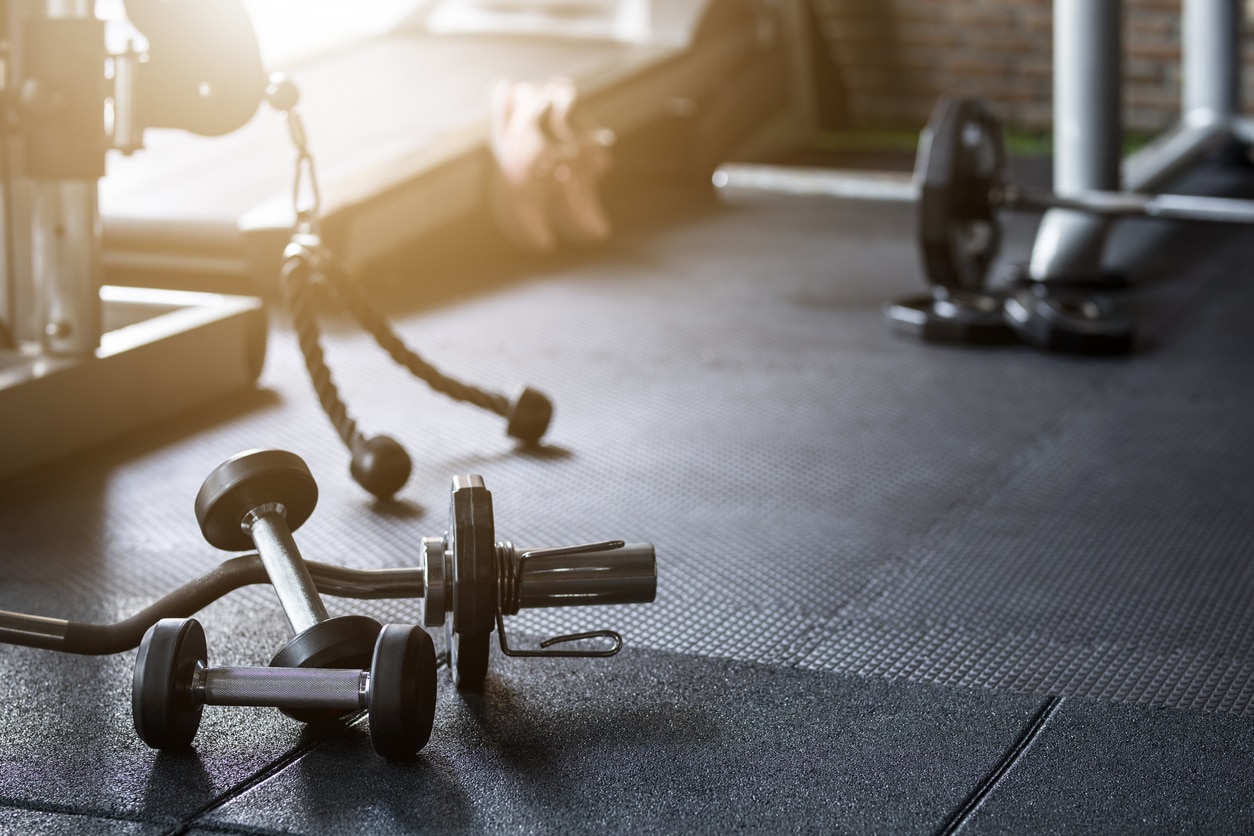
How You Move
Professor Mark Febbraio, a former professional triathlete turned scientist, heads the Diabetes and Metabolism Division at the Garvan Institute of Medical Research, researching the pathways that regulate disease.
“The proteins that are produced by muscle cells and released during muscular contraction are the myokines. Once released, they travel all over your body to alter the biology of other organs.”
“Next time you’re struggling to find the motivation to exercise, think about this. With every movement, your muscles are contracting and releasing myokines throughout your body to help protect you from disease. Myokines serve a vital function in signaling the fat stores to burn more energy, signaling the brain to feel happier, and telling your bones to become stronger. “
Do you still need more incentive to get serious? Are you still not convinced that muscle matters?
As early as age 30, sarcopenia, the age-related muscle loss, begins, which means you can lose 3-5% per decade!
In its “Made to Move” series, “Why You Get Shorter as You Age,” Adam Hawkey, associate professor at the School of Sport, Health, and Social Sciences, Solent University, U.K., advises that we participate in regular exercise. This includes weight-bearing activities such as walking, hiking, jogging, dancing, AND resistance exercises, such as lifting weights to generate bones and muscles.
Activity is required, but that is only one piece of the puzzle, continues Mohan Garikiparithi in “Strong and Healthy Muscles Matter.”
Strength training at a moderate pace 3 times a week, doing 8-12 repetitions for each exercise, will help build, strengthen, and maintain quality muscles.
What You Eat
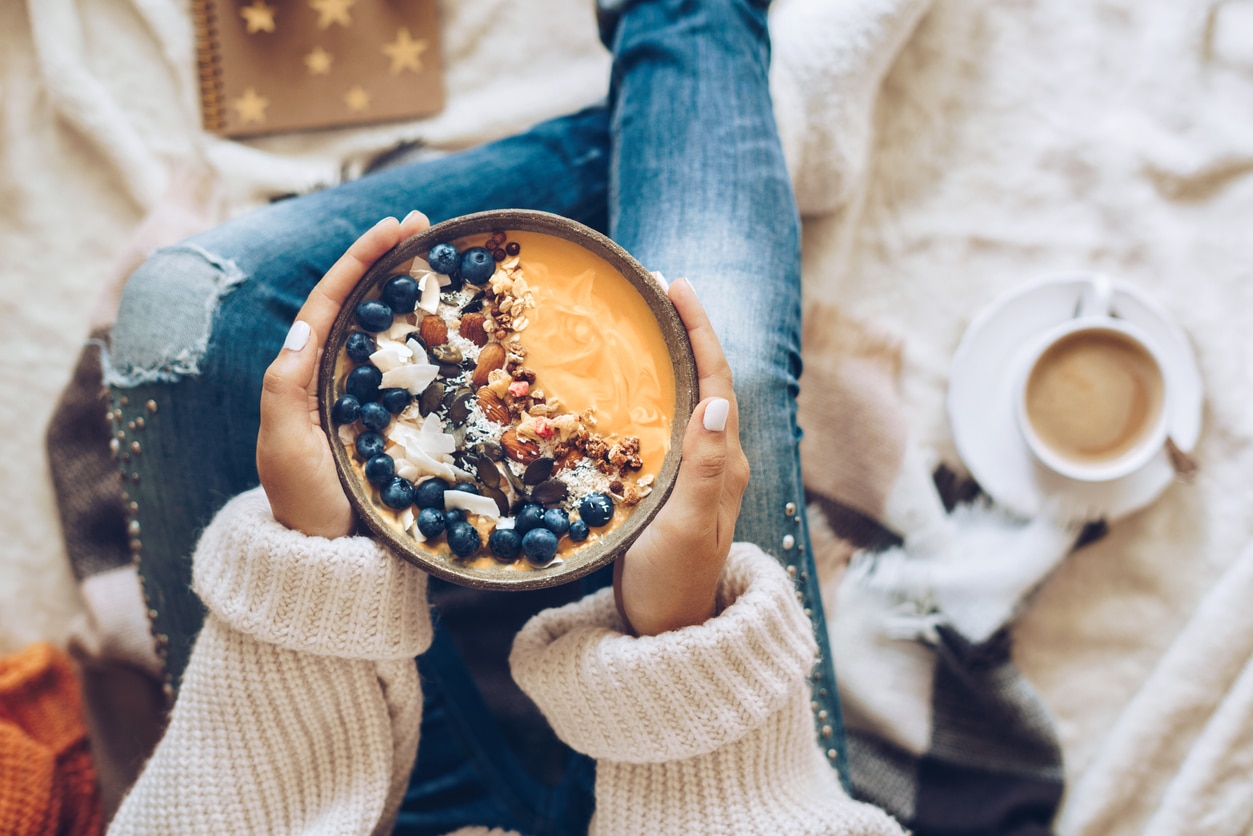
Get the visual.
“Look at your hand…” says best-selling author Jorge Cruise, trainer and nutritionist to the stars in his best-selling book, The Cruise Control Diet.
“You are looking at protein. Proteins build, maintain, and repair your bones, your muscles, skin, cartilage, and more.” Proteins, like amino acids, come from the foods we choose to eat. But, choose protein wisely. Don’t be misled by the common diet fads!
Consuming high amounts of any old protein just won’t cut it! Your needs have changed with age. To retain muscle mass and bone density, the over-50 body requires a nutrient-dense diet, including healthy fats, fiber, and extra healthy protein.
*CAUTION: Increasing protein can be harmful in older adults with kidney issues. CONSULT YOUR HEALTHCARE PROVIDER TO SEE WHAT’S RIGHT FOR YOU.
Christine Gerbstadt, MD, R.D., from the Academy of Nutrition and Dietetics, explains that there’s “an increased need for protein in the diet to maintain the same muscle mass as a younger woman.”
Vandana Sheth, RD, CDE, also a spokesperson for the Academy, advises “aiming for 5 to 6 oz on average per day…some at breakfast and about 2 to 3 oz at lunch and dinner.”
For meat sources, try including lean beef, such as tenderloin, bison, venison, skinless chicken breast, and pork loin with the outer fat trimmed.
“Think of using meat as a garnish, not the focus of the meal,” confirms Gerbstadt. Other top sources of protein include:
- Beans and legumes — meaning all types of dried beans, split peas, and lentils
- Wild salmon
- Eggs
- Greek yogurt
Sum It Up
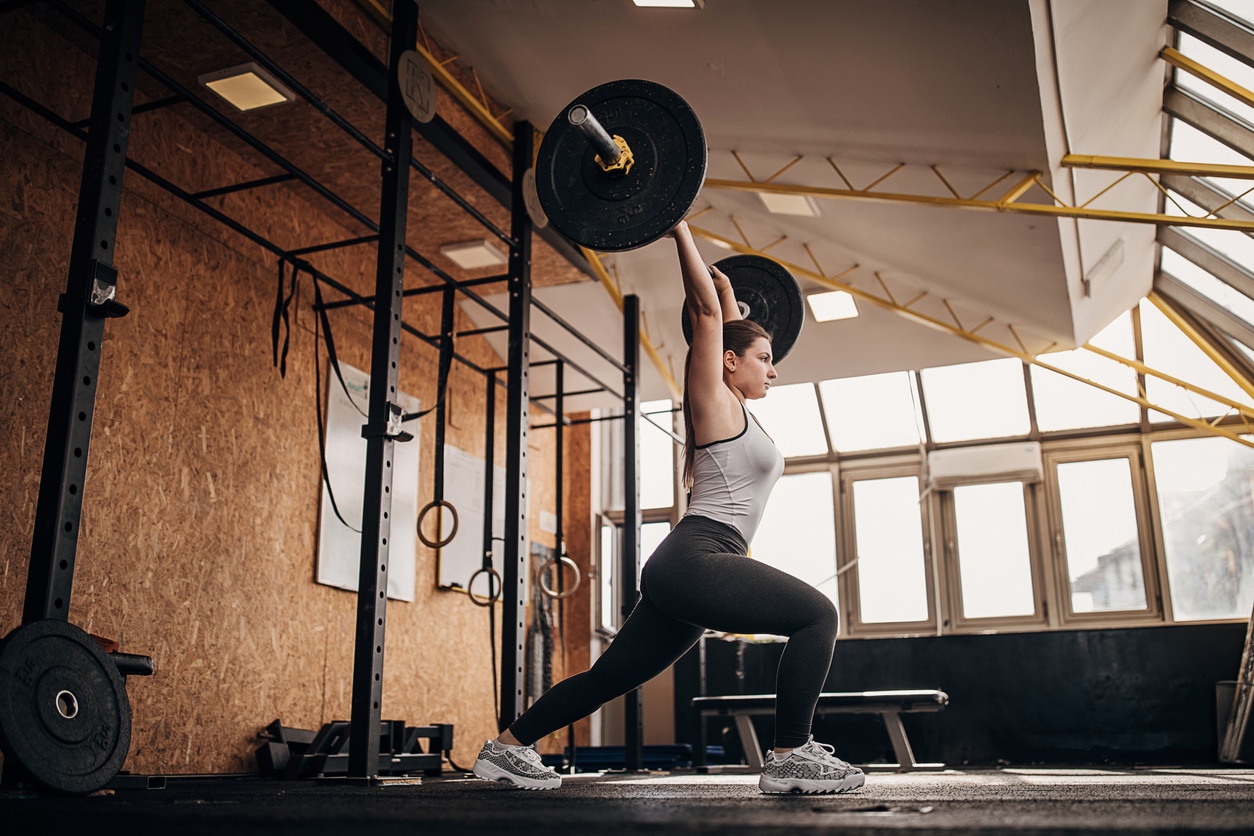
Strong muscles help you stay independent and energetic, but aging depletes 20 percent of muscle mass by the time you’re 60. So, get started by:
Bringing in experts. First, talk to your doctor about how much and what type of strength training is best for you. Then work with an instructor or trainer to learn proper form.
Aiming for two sessions of 20 to 30 minutes each week. Research suggests that two are better than three for older adults. Be sure to leave two or three days for rest between each session.
Picking what you like. Options include resistance bands, barbells, exercise machines, or moves that only use your body weight.
Finding the right weight for you. Choose weights or resistance bands that tire you out after eight to 12 repetitions. That’s one set. Aim for two or three sets of each exercise.
Eating protein. Try eggs or yogurt at breakfast, three-bean chili or a chicken sandwich at lunch, fish for dinner, and a glass of milk or a handful of nuts for a snack.
Now that you know – do better!
Our 5-Minute Barre series on YouTube can also help! Watch below and subscribe to our YouTube channel for more fitness videos.
Muscle matters, so build it at home!
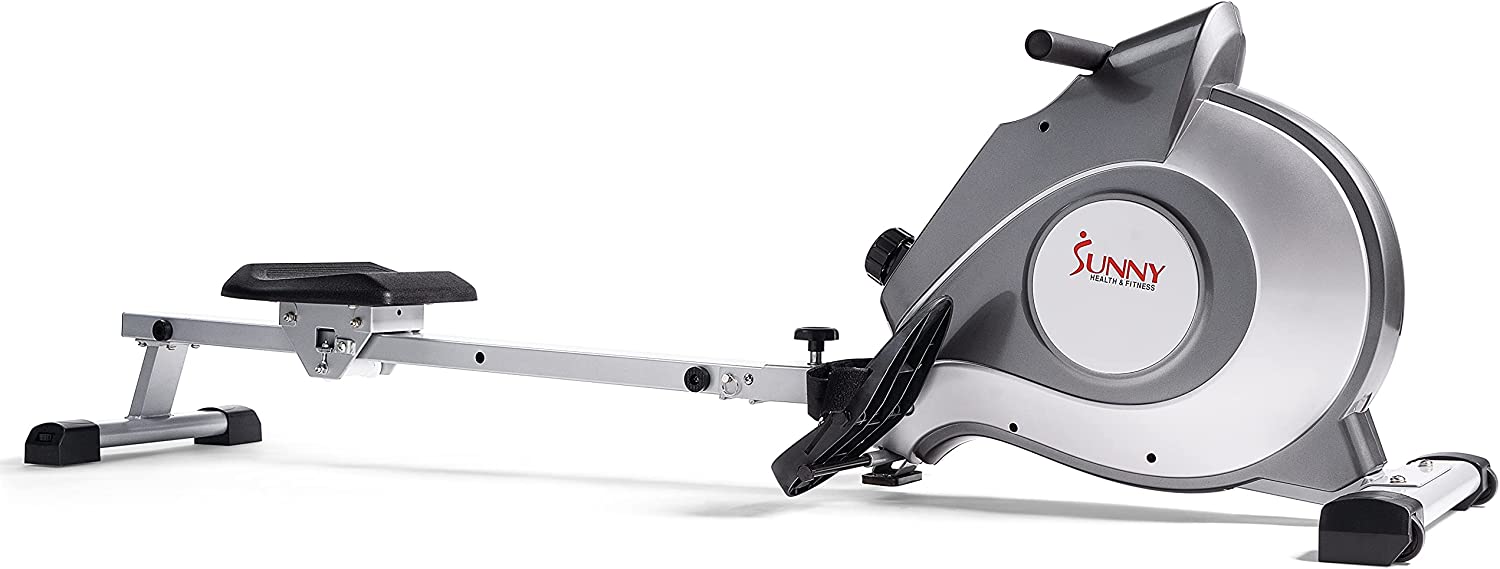
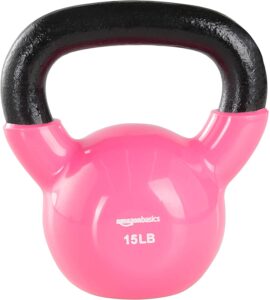

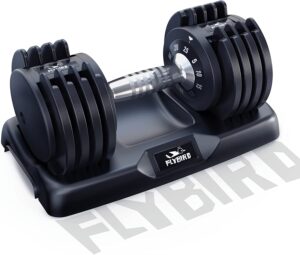
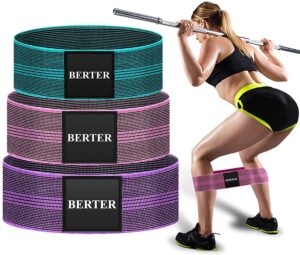
Read Next:

